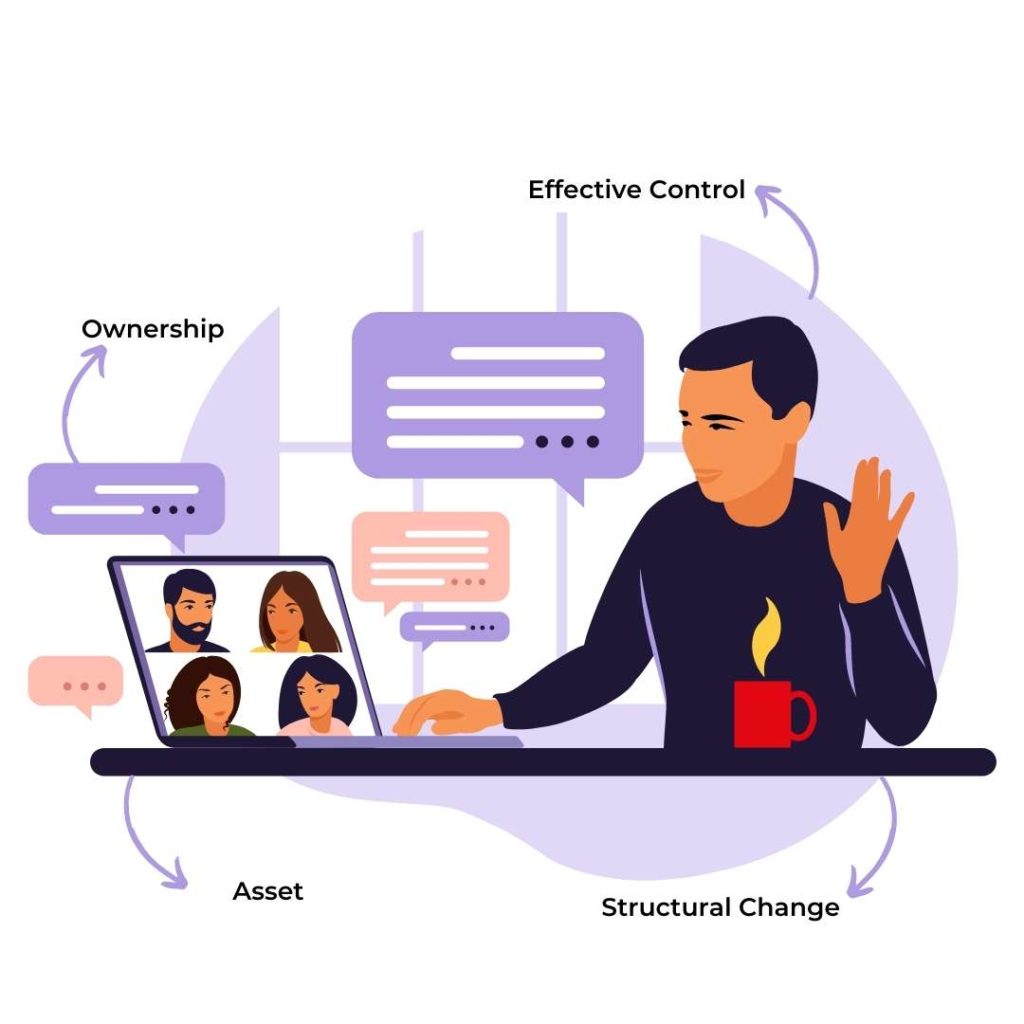
Top CSR Trends You Need to Know in 2023
Corporate social responsibility (CSR) in India refers to a notion in which businesses opt to contribute to a better society and a cleaner environment. It is one of the noblest concepts from the company side to voluntarily incorporate social and other beneficial concerns into their business operations to benefit their stakeholders and society. Companies are expected to play a growing role in improving the world. Customers, employees, and investors are increasingly motivated to interact with companies working to address economic, social, and environmental concerns.
CSR is no longer an optional decision for organizations but a required commitment. New CSR patterns emerge as we react to a two-year epidemic’s effects. Projects related to activities undertaken by the Board of Directors to ensure all the ideas put forth by the CSR Committee. The company’s declared CSR policy covers the board, subject to the conditions that such a policy will cover subjects specified in Schedule VII of the Act. There are the latest trends to implement in 2023 regarding building CSR.
Corporations’ demonstrating responsibility in these areas has come under heightened scrutiny in recent years.
Companies increasingly recognize the need to prioritize corporate social responsibility, presenting a more appealing image to shareholders, consumers, and the world to raise their overall business profit and help society improve. As we enter the new year, companies have higher expectations for CSR add-ons. This article brings you the list of current trends in CSR companies will adopt in 2023.
Table of Contents
Digital Transformation and CSR Software
The impact of digital transformation can be seen across all facets of modern corporate operations, including CSR. Since CSR has a larger role in business decision-making, businesses are looking to invest in new tools to digitize their activities.
CSR software will change the entire face of the programs adopted by companies. It will allow businesses to automate their CSR efforts and manage, track, and report on established goals and actions. Effective CSR software provides more significant effects in less time, with the added benefit of lower expenses. With digital transformation, we can expect –
- Employer Engagement: More employer engagement will further help companies grow and contribute to society.
- Employer branding: Improving your company's impression, particularly among prospective employees, is a key component of CSR. Adopting CSR software will further improve your employer branding by improving your ability to demonstrate your impact and attract talent.
- Customer engagement: CSR is becoming more of a consumer expectation. CSR will be a major player if you want to engage your business with the target audience.
Do you want your audience to engage with your brand and show long-term loyalty? CSR communication will be critical.
Measuring of CSR Impact
In the coming years, the primary trend firms will see in CSR is monitoring its impact on society and the firm. Employee engagement, social return on investment, and customer growth and retention are just a few of the measures that go into measuring a company’s impact, and constant monitoring of metrics will assist in the success of CSR.
With so many measures that might influence a company’s impact, it can be challenging to determine which ones have the most significant direct influence. If the measurement of CSR is high, the organization will keep contributing in the long term.
Involvement of Corporations in Current Events

Yet another CSR trend in 2023 will be the participation of businesses in initiatives that benefit their communities. Consumers prefer investing in brands that are involved in important global concerns.
According to a 2022 Deloitte Global survey on Millennials and Gen Z’s attitudes on social change, accountability, and influence, the current generation needs businesses and employers to contribute more to society.
Furthermore, only 16% of Millennials and 18% of Gen Zs believe that the company’s employers are committed to improving society and the environment.
Focus on Sustainability
Moving forward, business owners may expect an increase in sustainability activities. Consumers and employees expect their favorite brands and employers to be more ethical and environmentally friendly, and sustainability programs are an excellent place to start.
There are several ways for organizations to become sustainable, from reducing pollution to safeguarding biodiversity.
More Employee Engagement
In comparison to the early years, we will see how important it can be in the coming years to encourage and support employee engagement in the workplace, particularly post-pandemic. The Forbes report mentions that employee engagement is an individual’s emotional commitment toward the organization and its goals. Running an organization with just a few rules and goals will not work. Businesses must act and demonstrate how they actively encourage involvement and support their employees’ success.
Employee involvement benefits everyone involved. Companies must invest in highly engaged staff to achieve higher client performance and talent retention. Given the growing importance of CSR in today’s workplace, implementing a CSR strategy is an excellent way to keep your staff engaged.
Creating Employee Volunteer Programs
Employee volunteer programs are a wonderful method for businesses to help boost employees’ overall morale and promote job satisfaction. It is a growing CSR trend that will certainly influence 2023.
Since COVID-19, virtual volunteering has risen tenfold, with many firms and their employees’ providing services to their communities, such as online tutoring and mentoring, live training sessions, or administrative services to non-profit groups. Volunteer programs may have a long-term, positive impact on our society. Now is an excellent time for organizations to take a broader look, ensuring they are the best fit for all parties involved.
Think Global, but Act Local
Acting locally is becoming just as vital as acting globally. As much as it is advantageous for corporations to engage in high-profile worldwide activity, there is a chance for firms to make a truly substantial influence closer to home, within the communities surrounding their various facilities.
CSR is more than “big gestures”; however, it involves modest yet critical influence that may be produced inside local communities.

Immersive Customer Experience
Customers in 2023 will value better experiences from brands. However, this does not necessarily imply that price and quality take a back seat. Both impacts how we perceive the process of selecting, purchasing, and enjoying the items and services we purchase.
Traditionally, the job of technology in this context has been to streamline operations and reduce hassle from the consumer’s life. Consider recommendation algorithms assisting users in deciding the purchase options and online customer service portals handling difficulties and after-sales support. In 2023, under the CSR trend, the process will continue, but the game has developed, with the keywords for this year being immersion and interactivity.
Transparent Reporting
In CSR, reporting is an important activity in business since it allows organizations to track their actions and find development opportunities. There is a strong link between reporting and CSR, and there is a growing demand to produce clearer and more transparent reports.
Using data correctly and understanding the impact of digital transformation will help businesses achieve transparent reporting. Platforms like MIMOIQ provide tools that enable improved tracking and reporting, bringing together data throughout the organization, which will help in the long term with further planning of CSR.
Conclusion
Whether you are running a newly established company or a new venture, using modern trends of CSR in 2023 can bring maximum change to the business. Organizations seeking long-term growth should follow the right path of CSR strategy. With CSR being crucial in employee engagement, firms wishing to outperform the competition must double down on this essential strategy.
Like this article?
More To Explore

What Factors Should Organizations Consider Before Outsourcing Their Internal Audit Functions?
+91 1141182211 Outsourcing has become a strategic choice for many organizations looking to streamline operations, reduce costs, and enhance efficiency.

Outsourcing Internal Audit: Evaluating the Upsides and Downsides for Your Organization
+91 1141182211 In today’s dynamic business environment, companies face increasing pressure to enhance efficiency, manage risks effectively, and ensure compliance

A Background Verification Guide: Frequently Asked Questions and Their Answers
+91 1141182211 Background verification (BGV) is a crucial process used by employers to ensure they are hiring candidates with accurate









